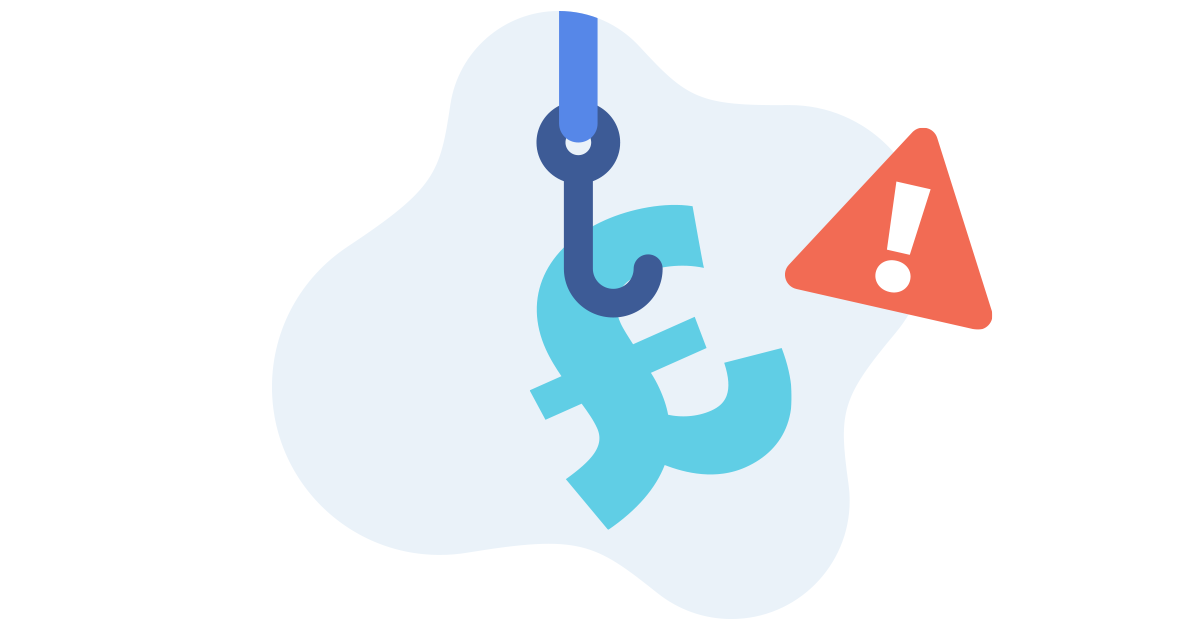Phishing and scams
Advice for young people
Learn about tips to stay safe from scams and hackers.


What to think about
![]()
Settings
Spam – It is boring but it can be more damaging than junk. Some of these forms of spam or virus can really harm your device.
Did you know spam is clogging the net – it accounts for about 80% of all email messages sent. It might simply be unwanted adverts or announcements but at its worst, it can wreck your system or help steal your identity. Spam has been divided into categories and named – here are a few:
- ‘Trojan horses’ – these files come hidden in email attachments. Once you open them they install a code, typically spyware or viruses designed to steal or destroy data
- ‘Phishers’ send emails that try to look as if they are genuine messages from banks or companies, phone providers or shops you buy from.
- Chain letters threaten awful things will happen if you don’t pass it on or recruit other people
- Plain old scams – most of us see those messages telling us we have won the lottery, or we could get a holiday in Florida worth thousands of pounds if we pay a couple of hundred pounds now. Ignore!
- Pyramid schemes try to recruit lots of people with a promise that you will make big money if you get more and more people to sign up and each pays a small amount. You are promised a share of what every member pays in. These usually collapse and some are illegal
- Get Rich Quick or “Make Money Fast” or work at home schemes. Ignore these
- Fake health products and remedies; these are unlikely to do any good or to be genuine. They could be made from harmful materials
- Illegal software – offers software downloads that look too good to be true

What can I do?
A virus is a programme that can damage a computer. It can arrive attached to a message or a download. It can forward itself to friends in your address book.
So do not open attachments unless you trust the sender, alert friends if your device gets infected. Do not click on links to games, videos or sites sent in a message or text – it could be a fake or ‘skin’. Instead, search for the original genuine website URL and check it out.

